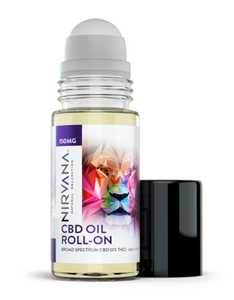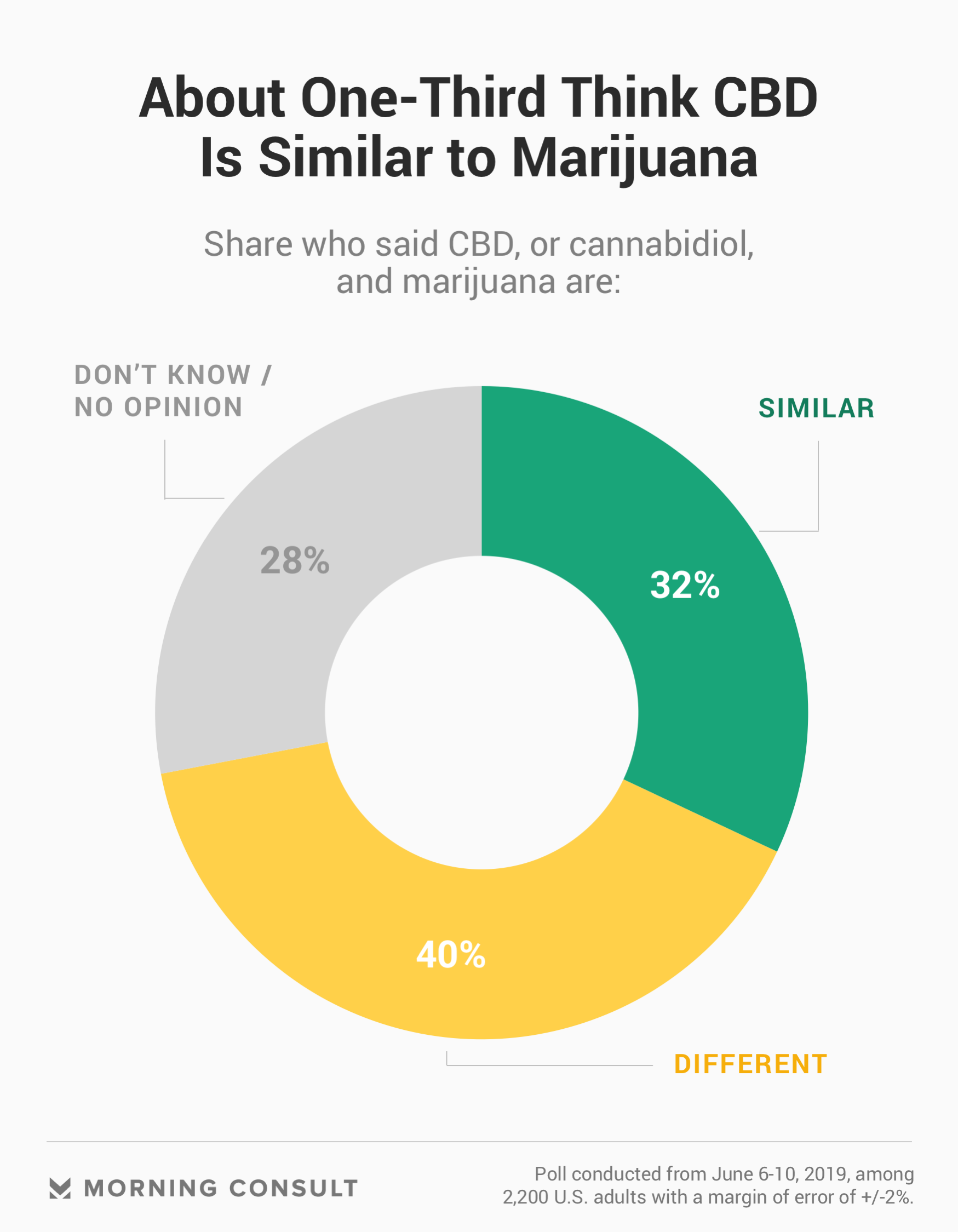
You might be curious if CBD can legally be used as a dietary supplement. The good news is the Food and Drug Administration has removed hemp from Schedule I. Despite the fact that hemp doesn't contain THC it is still illegal for it to be added to food. The FDA continues to regulate cannabis products. In the past CBD and THC products could not be used in food.
Delta-8 THC
Five FDA warning letters have been sent to CBD companies about marketing products that contain delta-8 THC. This is the FDA's first warning about delta-8 THC. The letters cite violations of the FDCA, drug misbranding, and the fact that delta-8 THC is not a recognized food additive. Regardless of whether or not these products are harmful, the FDA will continue to protect the safety of Americans.
Products containing delta-8, THC, a chemical that is found in hemp, are also subject to FDA inspection. These products are common on the marketplace and often claim to treat medical conditions and other diseases. The FDA has sent warning letters out to many companies for marketing products that contain this ingredient. They have a maximum of 15 working days in which to reply. If warning letters are to believed, delta-8 products with THC are dangerous for consumers.

Cannabidiol
FDA has issued warning letters to several cannabidiol-related companies. CV Sciences (formerly CannaVest) received two of these letters. The company's executives responded to the news by stating that they strongly condemn any distributor making false or misleading claims regarding CBD. This is significant because it could be harmful to the public's well-being. To protect the public's health and stop the spread of the disease, the FDA must closely monitor the companies.
The FDA approved Epidiolex, a cannabidiol-based pharmaceutical formulation, for treating seizures caused by Lennox–Gastaut, Dravet, and tuberous Sclerosis Complex. GW Pharmaceuticals, the manufacturer of Epidiolex, anticipates receiving a decision on both indications simultaneously. In addition, the company received confirmation from the FDA that it had been granted rare pediatric disease designation, a precursor to a potential priority review voucher.
CBD oil
CBD oil has some great news. It is all regulated and approved by the FDA. The Food and Drug Administration has approved the product and it is legal in the United States. CBD oil is gaining popularity despite some negative press. CBD oil's FDA approval is a major plus. However, there is still much to be learned. Here are some important points to consider before using CBD oil.
First, you should find a company that has a single standard process for manufacturing the oil. By doing so, you can be sure that the product contains only high-quality ingredients. The FDA has strict regulations which make it hard to fake. You should also search for a third-party independent testing laboratory that specializes CBD. There may be one process for certain companies, but this is fine. Make sure to read the labels and look for the word "cannabidiol" in the label.

Cannabidiol is a treatment for epilepsy
Efficacy and safety of cannabidiol as an add-on to standard treatment in patients with drug-resistant epilepsy were found to be improved in a recent open-label study. Three patients with SYNGAP1 epilepsy experienced a reduction in seizures. According to Bellon, M., author of the Australian Epilepsy Longitative Survey, the add-on improved refractory epilepsy patients.
These were just some of the findings from the UAB CBD Program. They also identified potential drug interactions. Increased plasma levels of cannabidiol were associated with improved seizure response and cognitive function. The researchers also found no drug interactions with cannabidiol. The preliminary results of the study support further research. These outcomes will need to be further investigated using CBD.
FAQ
Is there evidence that CBD reduces anxiety?
CBD oil can be used to treat anxiety. It interacts with CB1 receptors and CB2 receptors in your brain. The endocannabinoid process regulates stress responses and mood.
Our bodies activate the CB1 receptor when we feel anxious. When activated, this receptor sends signals to the amygdala, which is responsible for emotional processing.
If the CB1 receptor becomes blocked, the brain doesn't get the signal to express emotions. CBD users have less negative feelings.
A 2017 study revealed that CBD lowers anxiety in patients suffering from social phobia. Another study showed that CBD reduces symptoms of PTSD.
A 2018 review concluded CBD's anxiolytic qualities could be helpful in treating generalized anxiety disorder.
Another study indicated that CBD might help reduce panic attacks.
However, numerous studies have shown CBD to increase anxiety levels in mice.
The discrepancy found between the animal results and human data might be due to differences of how CBD affects humans and animals.
CBD is not subject to any long-term safety tests. Most experts agree that CBD can be safely used when it is directed.
Is CBD a good idea to invest in?
The market for hemp-based products continues to grow as people become increasingly aware of their benefits. It's estimated that by 2022 there could be $1 billion worth of hemp-based products on store shelves.
Market growth is expected to continue at a rate of more than 20% annually until 2020 when it will reach $2.5 billion.
Hemp oil is used in many beauty- and health-care products like lotions.
A number of companies produce CBD-infused beverages, pet foods, dog treats, snacks, and other food items.
CBD is currently legally available in all 50 States. However, this could change soon. As more research is conducted into the potential uses of CBD, more laws will likely be passed, making it easier for businesses to operate legally.
These are all factors that make CBD investments a viable venture.
Where can I find CBD products?
CBD can be purchased online and at local retailers. Online retailers tend to offer better deals. Many websites offer CBD products that are made from industrial hemp. This product contains less than 0.3% THC.
Look for local businesses that sell CBD products.
There are laws in many states that allow CBD products to be purchased without the need of a prescription. You may be able buy CBD products from your local pharmacy if you are a resident of one of these states.
CBD products might even be delivered directly at your doorstep.
Is the CBD market growing?
The answer is yes! As legalization spreads throughout North America, this growth is expected continue. Canada, which legalized recreational cannabis, has passed several medical marijuana laws.
This trend will likely continue at least another ten years, as more states adopt legislation allowing medicinal marijuana.
It is also economically sensible to legalize marijuana. Legalizing pot offers many benefits beyond providing a lucrative market alternative for farmers.
It could help decrease crime rates by reducing illegal drug availability. It could also bring in tax revenue to governments.
As more people turn to legal weed, they may also choose to consume less alcohol. This would reduce the likelihood of having hangovers. It also means lower healthcare costs.
Patients with chronic pain might find that marijuana actually helps to improve their quality-of-life. Many believe that THC (the active ingredient in marijuana) helps to relieve the symptoms of nausea and muscle spasms associated with chemotherapy.
Finally, marijuana might become a valuable tool for treating mental illnesses such as depression and anxiety. According to some studies, marijuana can be used to treat schizophrenia.
The future is bright for CBD, but there are still many challenges ahead.
Statistics
- HR −16 mmHg; 95% CI −26, −6; I2 = 92%) (ncbi.nlm.nih.gov)
- A recent study [161] also found that in vitro CBD treatment (i.e., ≤ 2 h exposure to 10 μM) induced ~40% vasorelaxation in isolated (pre-constricted) (ncbi.nlm.nih.gov)
- While the primary injury may not be treatable, interventions that attenuate secondary sequelae are likely to be of benefit [203].Only one study (ncbi.nlm.nih.gov)
- however, one study also found that these effects were virtually abolished when the original media (a nutrient broth agar) was replaced with one containing 5% blood (increasing the minimum concentration to ~160 μM CBD) [179]. (ncbi.nlm.nih.gov)
- The inhibition of FAAH is predicted to lead to an increase in brain and plasma concentrations of AEA, which acts as a partial agonist at CB1R and CB2R, thereby increasing endocannabinoid tone [92, 110]. (ncbi.nlm.nih.gov)
External Links
How To
What are the common issues in the CBD industry?
The current market for CBD products is growing at an incredible rate. But, businesses who want to enter this market still face numerous challenges. These include a lack of consumer awareness, high cost of entry, limited access to capital, and regulatory uncertainty.
Many people don't know much about CBD or how it works. This makes it difficult for consumers to make informed decisions on whether or not they want CBD products.
Most CBD companies rely heavily upon word-of mouth marketing. This is costly, as it requires advertising and the hiring of staff to promote their brand.
High production costs are another problem facing new entrants in the CBD industry. CBD products can be very costly because of the cost of the raw materials. For example, hemp needs to be grown in specific climates and soil types before it can be processed into CBD oil.
Growing enough hemp to make CBD oil takes around $1,000 per acre. This means that many small farmers cannot afford the cost of starting.
A lack of capital access is another issue that new entrants will face in the CBD marketplace. Banks are often discouraged from helping people start businesses because of the stigma that surrounds the industry.
There is also regulatory uncertainty around the sale of CBD products. There are no guidelines for how CBD products should market.
Despite some states having passed laws restricting the sale CBD products, this is not yet a national policy.
So far, only two states - Maine and Nevada - have legalized recreational marijuana.
Massachusetts and Michigan, however, are exploring similar options.
These changes could mean that CBD manufacturers will be more competitive.
These factors are why many entrepreneurs prefer to work from home than open a physical store.